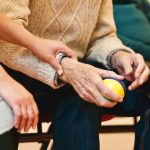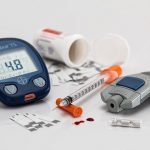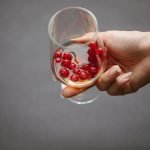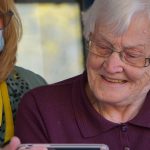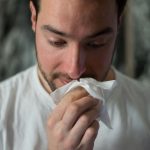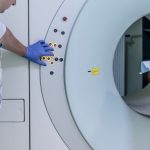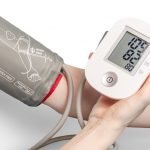Scientists find a new drug to treat Parkinson’s disease
In a new study from Texas Biomedical Research Institute, researchers found a promising drug candidate to minimize uncontrolled, erratic muscle movements, called dyskinesia, associated...
She had a heart attack on the way to her wedding — and recently...
Four hours into a nearly six-hour flight from Seattle to Mexico, Sara Metz felt overly anxious – far more than the usual jitters of...
These surgeries can effectively cut liver fat in obesity and type 2 diabetes
In a new study from the University of Oslo, researchers found sleeve gastrectomy (SG) and Roux-en-Y gastric bypass (RYGB) are highly effective for reducing...
Irregular heartbeat linked to frequent alcohol drinking in people under 40
In a new study from Seoul National University Hospital, researchers found moderate to heavy drinking over an extended period may increase the risk of...
This program could ease knee pain and lead to weight loss
In a new study from the University of Melbourne, researchers found a telehealth-delivered exercise and diet programs could help participants reduce knee pain and...
This new new treatment for Alzheimer’s disease would be cheap
In a new study from the RIKEN Center for Brain Science, researchers have discovered that the protein α-endosulfine (ENSA) is involved in the development...
This health problem linked to lower COVID-19 infection risk
In a new study from the Queen Mary University of London, researchers found people with allergic conditions such as hay fever, rhinitis, and atopic...
Scientists find how to detect inflammation from fatty liver disease
In a new study from UC Davis, researchers developed a first-of-its-kind positron emission tomography (PET) scan imaging-based tool to detect liver inflammation in patients...
Poor sleep linked to poor blood sugar, study confirms
In a new study from Lund University, researchers found that later bedtime routines and poor quality of sleep are associated with higher blood glucose...
Healthy lifestyles may not be enough to replace your blood pressure meds
More than half of adults 65 and older report taking four or more prescription drugs, according to a 2019 Kaiser Family Foundation report.
In an...

